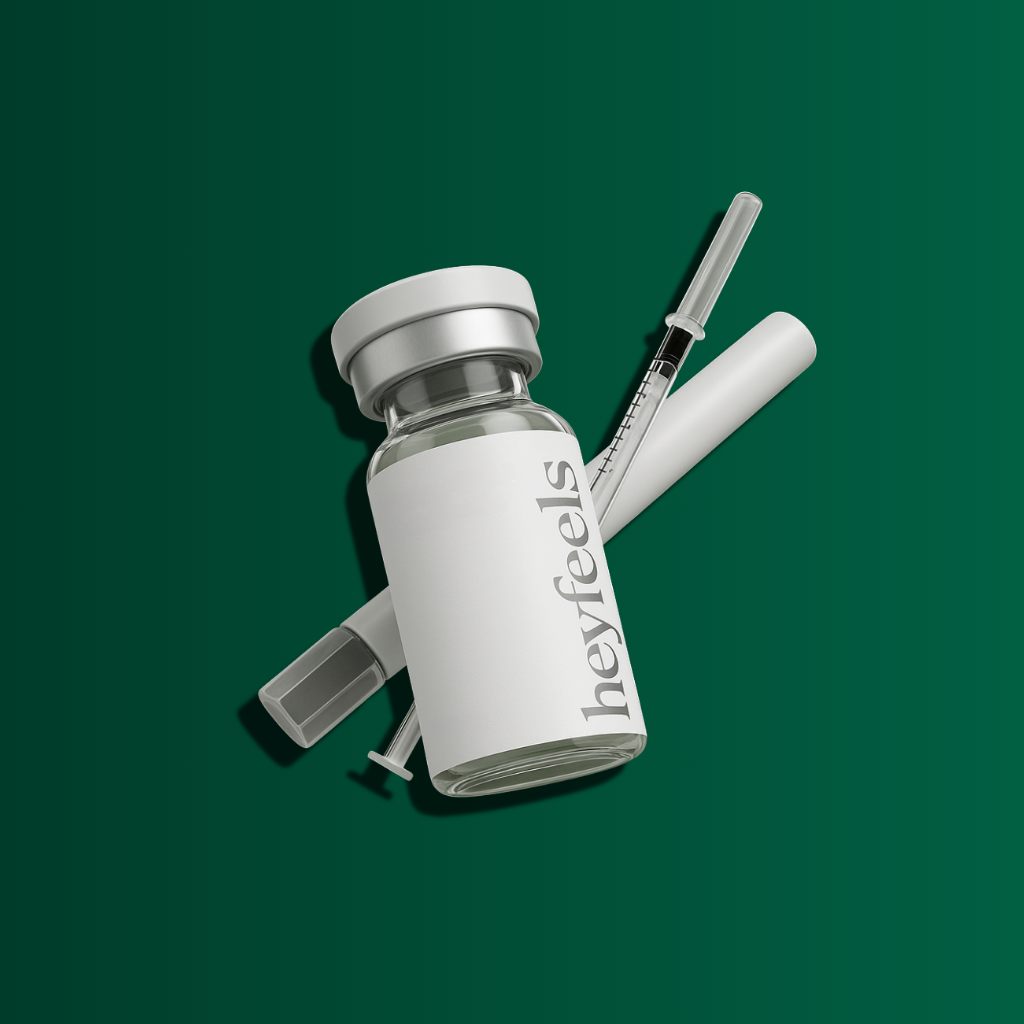Intro
You just finished eating, but 30 minutes later... you’re already thinking about what’s next. Sound familiar?
For people trying to lose weight or manage their health, persistent hunger can feel like sabotage. But it’s not just a willpower problem — it’s biological. And what you eat (and don’t eat) plays a massive role.
Let’s break down 7 foods that help control hunger at the hormonal level, support fullness, and reduce that all-day food noise. These aren’t just “healthy” foods — they’re strategic hunger-fighters backed by real science.
1. Eggs
Eggs are packed with high-quality protein and healthy fats, two key players in increasing satiety.
But what really makes eggs powerful?
They reduce ghrelin, your hunger hormone, more effectively than many carb-based breakfasts.
One study found that people who ate eggs in the morning felt fuller for longer and consumed fewer calories throughout the day compared to those who ate a bagel of the same calories.
Try this: Hard-boiled eggs as a snack, or a veggie-loaded omelet for breakfast.
2. Avocados
Yes, they're trendy — but for good reason. Avocados are rich in monounsaturated fats and fiber, a combo that slows digestion and keeps you satisfied.
Even better, avocados may support GLP-1 hormone activity, helping your brain register that you’ve eaten enough.
One study showed that meals containing avocado increased post-meal satisfaction and reduced the desire to eat for up to 5 hours.
Try this: Half an avocado on whole grain toast or sliced into salads.
3. Greek Yogurt (or Skyr)
With a high protein-to-carb ratio and a creamy texture, Greek yogurt helps with both hormonal satiety and emotional satisfaction.
Protein-rich foods like this increase peptide YY (PYY) — another hormone that signals fullness.
Bonus: The probiotics in yogurt may support gut health, which has been linked to better hunger regulation.
Try this: Unsweetened Greek yogurt with berries and chia seeds.
4. Chia Seeds
These tiny seeds absorb up to 12 times their weight in water, expanding in your stomach and creating a sense of physical fullness.
They’re also rich in soluble fiber, which slows digestion and regulates blood sugar — preventing crashes that trigger hunger.
Just 1–2 tablespoons can make a noticeable difference in satiety for most people.
Try this: Add to smoothies, mix into overnight oats, or make chia pudding.
5. Lentils
Lentils are one of the most underrated appetite-controlling foods. High in plant protein, fiber, and resistant starch, they digest slowly and help balance blood sugar.
Studies have found that meals with lentils result in greater fullness and lower post-meal blood sugar than those with fast-digesting carbs like rice or white bread.
Try this: Lentil soup, stews, or mixed into salads for bulk and staying power.
6. Apples (With Skin On)
Apples offer two major hunger-fighting compounds: fiber (especially pectin) and water content.
They fill you up without a lot of calories and require chewing — which sends fullness signals to the brain and slows down your eating pace.
Eating an apple 15–20 minutes before a meal has been shown to reduce total calorie intake.
Try this: Snack on sliced apples with almond butter or chop into a morning yogurt bowl.
7. Oily Fish (Like Salmon or Sardines)
Fatty fish provide omega-3s, which not only reduce inflammation but also help regulate hunger hormones like leptin.
Omega-3s may increase sensitivity to leptin, meaning your brain gets the “I’m full” message faster.
A study published in Appetite found that people who ate omega-3-rich meals reported significantly higher satiety compared to control meals.
Try this: Grilled salmon, sardines on whole-grain crackers, or a tuna-stuffed avocado.
Wrap-Up: It’s Not About Eating Less — It’s About Eating Smart
If you constantly feel hungry, you don’t need another restriction. You need foods that work with your body’s hunger signals, not against them.
Adding these 7 science-backed foods to your routine can:
- Help you feel satisfied after meals
- Reduce random cravings
- Make healthy eating feel sustainable
And if hunger still feels unmanageable, it might be a deeper hormonal issue — something GLP-1 therapies are designed to help correct.
Want to find out if your hunger is hormonal?







